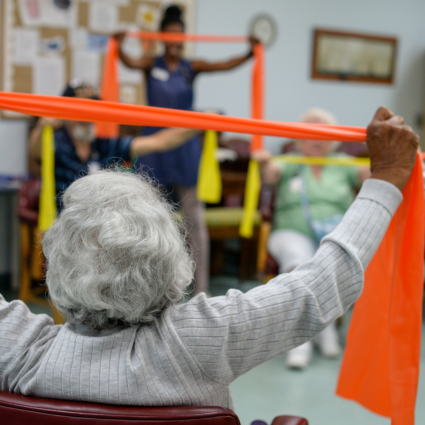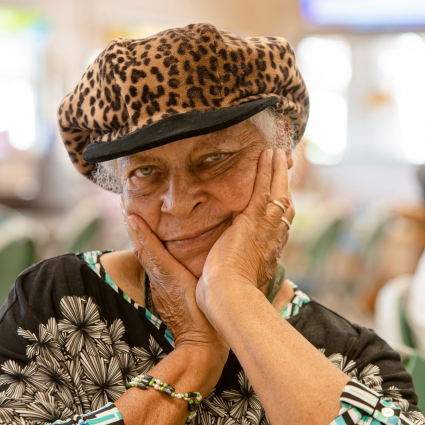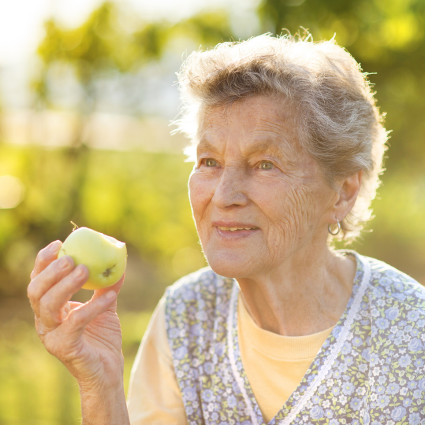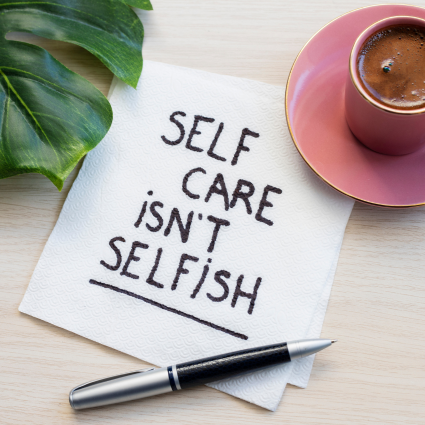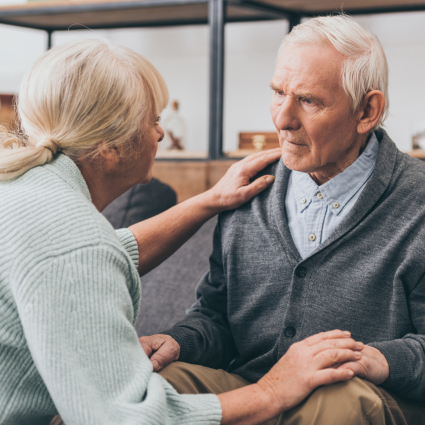Living with Alzheimer’s or other forms of dementia presents unique challenges, not only for the individuals directly affected but also for their caregivers and loved ones. Among these challenges, perhaps one of the most crucial is communication.
Live Joyfully
Engaging in physical activities isn’t just good for your body – it’s great for your mental health too! Research shows that even short burst of exercise can lift your mood and reduce stress.
According to the National Council on Aging, regular activity, not just exercise can positively impact our mental, emotional and physical wellbeing. The important thing is finding something that is comfortable and sustainable for you.
Technology plays a critical role in facilitating effective communication and access to essential services for the aging community, particularly outside their homes.
As the population ages, the need for specialized care services for seniors becomes increasingly vital. Among these services, adult day care stands out as a valuable resource for both elderly individuals and their caregivers.
For people living with dementia, finding and engaging in meaningful activities can provide a sense of purpose, cognitive stimulation, comfort, and an opportunity to remain connected with others.
The holiday season is a wonderful time of the year, but for caregivers it often comes with additional tasks and extra stress. Instead of peace and laughter, the season can be filled with tension and guilt. Read on for tips and tricks that can help ensure your holidays are filled with less stress and more joy.
Research conclusively reports that good nutrition and hydration for people with dementia is important in maintaining cognitive function as well as other bodily functions – furthermore, poor nutrition may exacerbate behavioral symptoms and cause weight loss.
Taking care of oneself isn’t a new concept. However, the term “self-care” changes the obvious concept and turns it into something intentional. It means taking the time to do things that help you live well and improve both your physical health and mental health.
The progressive nature of dementia means that caregivers experience a series of emotional stages as they witness the gradual decline of their loved one’s cognitive and functional abilities.




